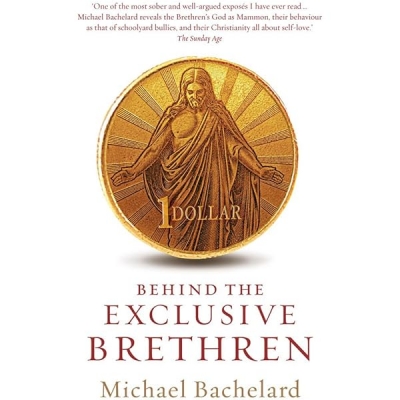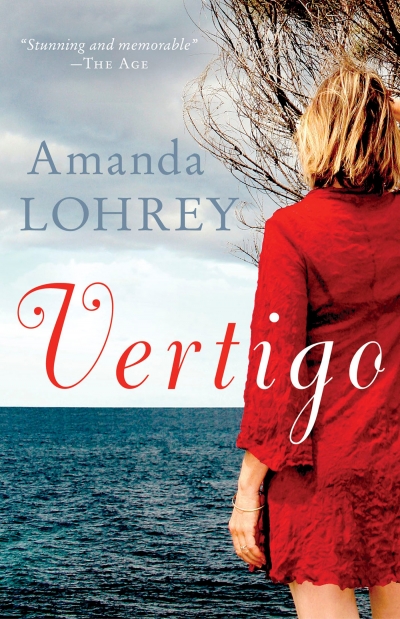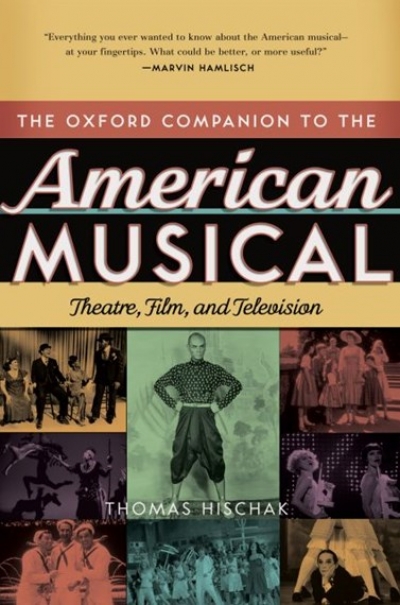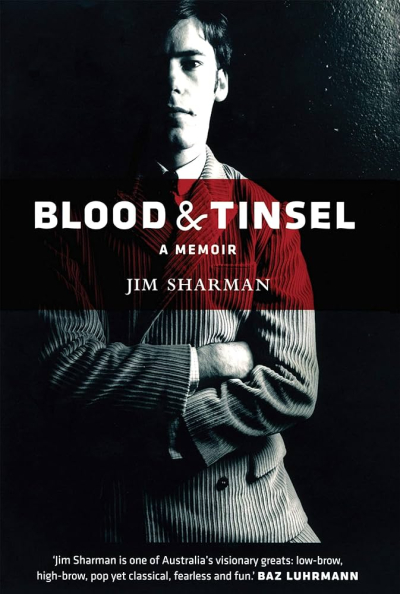Archive
Too many of my friends are dead, and others wrecked
By various diseases of the intellect
Or failing body. How am I still upright?
And even I sleep half the day, cough half the night.
The Oxford Companion to the American Musical: Theatre, film and television edited by Thomas Hischak
by Michael Morley •
Australia’s Empire edited by Deryck M. Schreuder and Stuart Ward
by Stuart Macintyre •
There’s a sleechy smell here, grey frogs on the bank
like slurried earth, rotund toads hopping across lily pads,
grunting like sultans trying out cushions. Fish mouth
the surface with so many unsinkable O’s, and the larval








